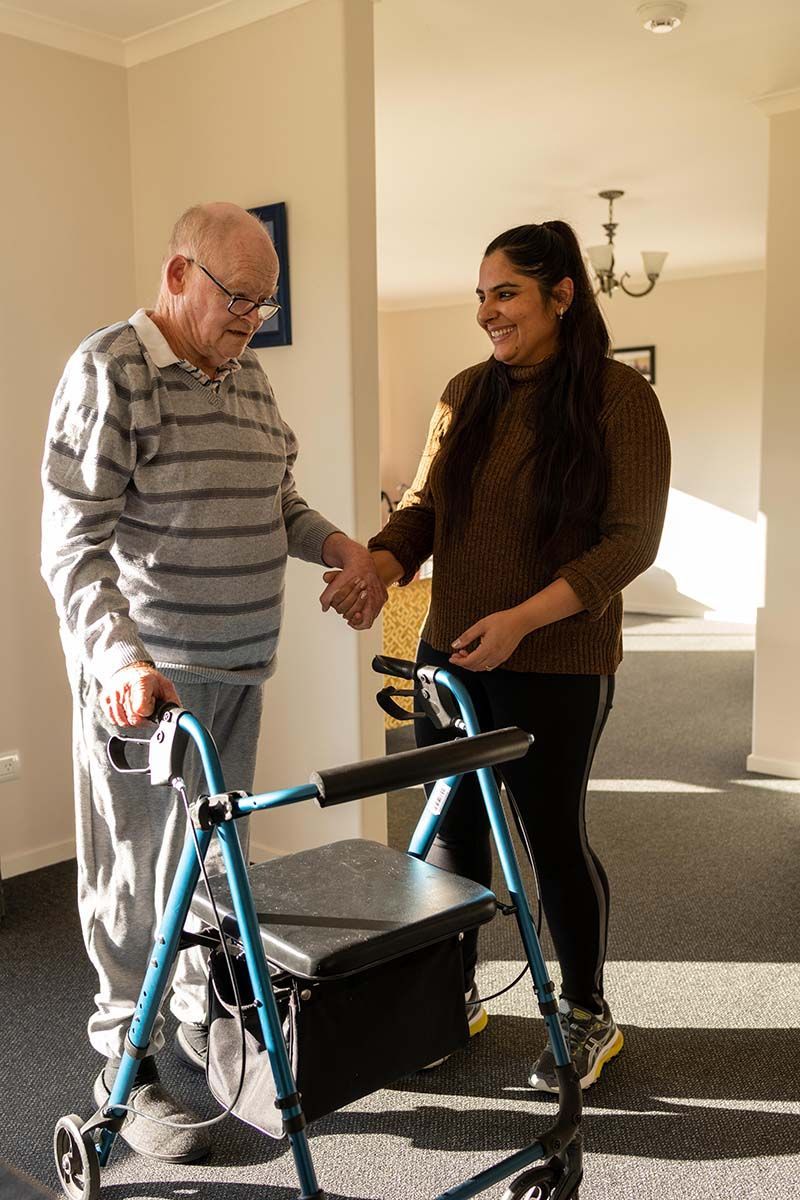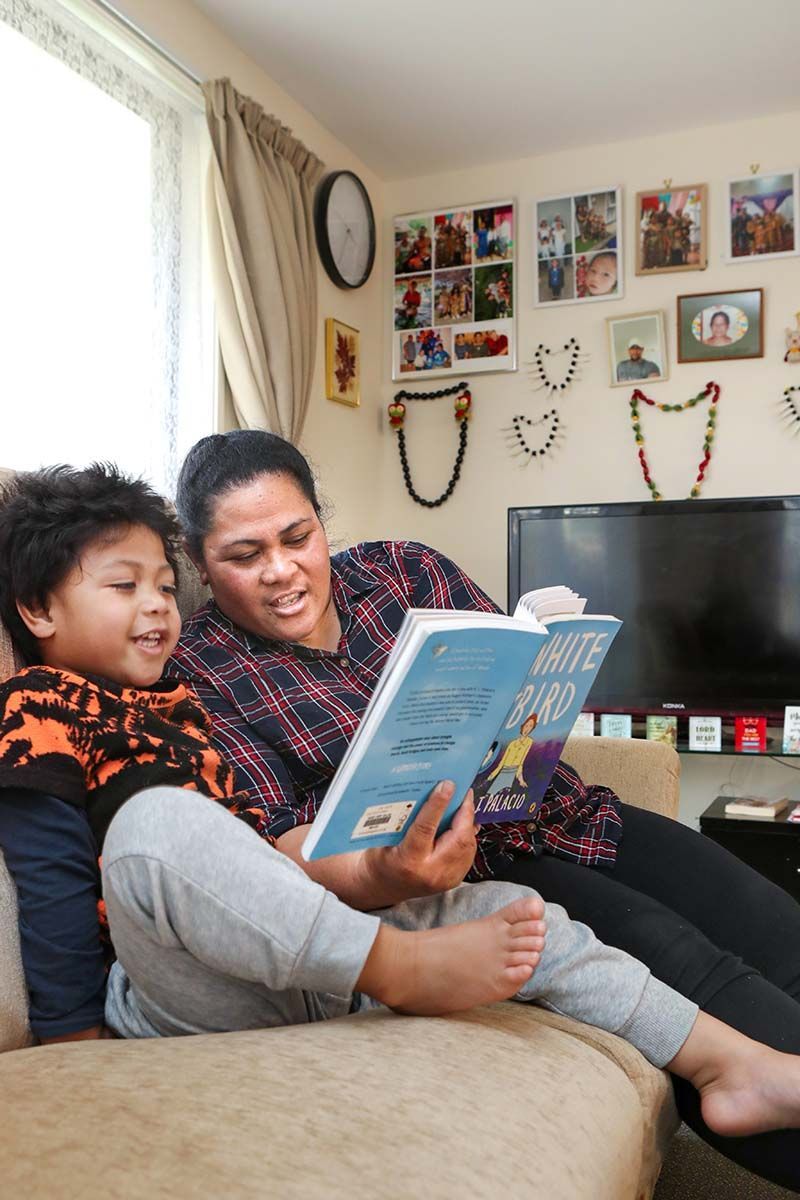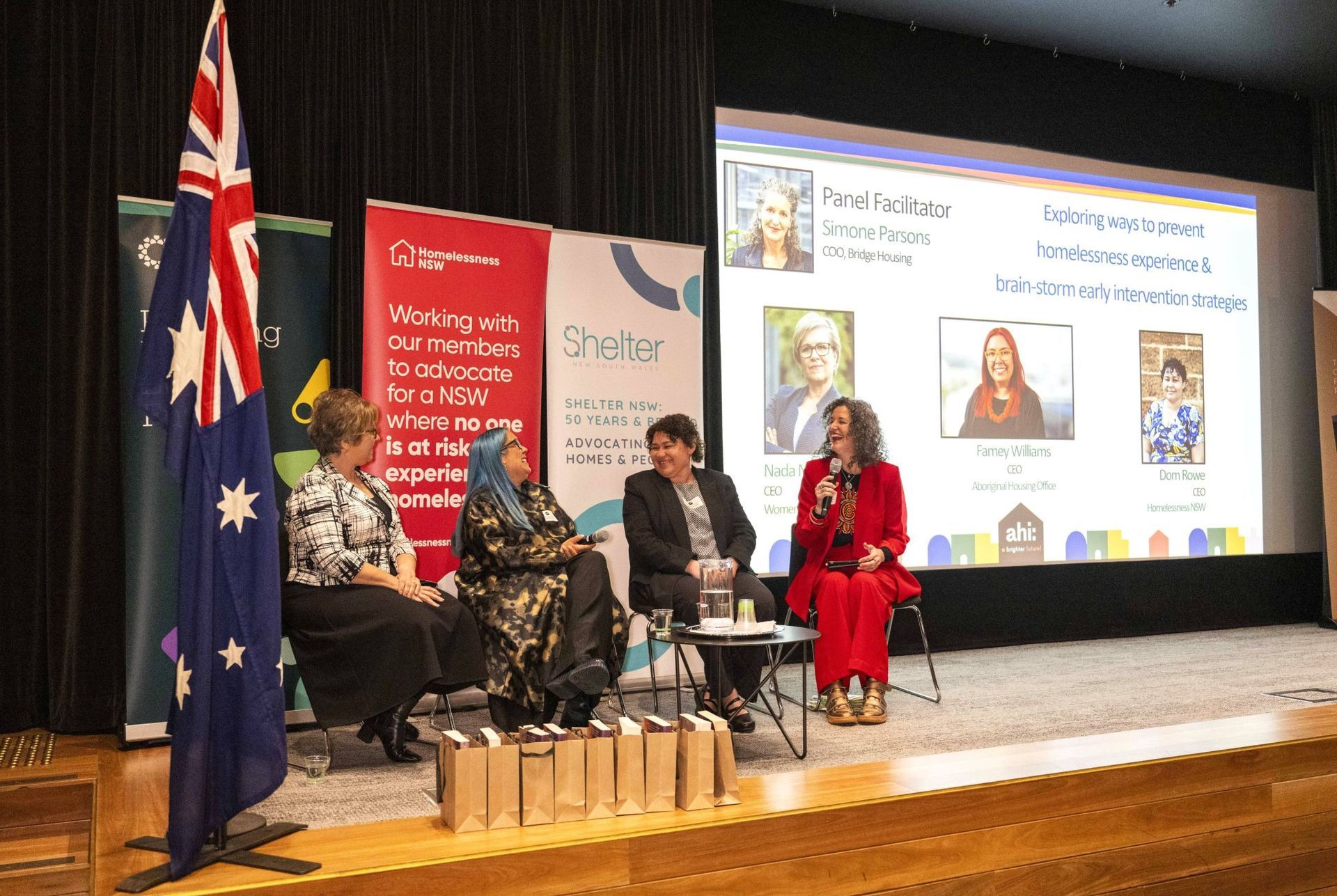Having access to a stable, warm and dry home makes a positive difference to all aspects of a person’s life – from providing a safe place to live through to supporting improved health, education and employment outcomes. It’s this core idea that was one of the key drivers behind Kāinga Ora introducing a whole new way of working to make sure their customers have both the right home and the support to live well.
With the aim of achieving better overall social outcomes for Kāinga Ora public housing customers, whānau and communities, this new approach recently won the Excellence in Social Housing 2023 award at the NZ Brighter Future Awards as an outstanding example of the delivery of social housing services in Aotearoa – something Kāinga Ora is really proud of.
“We are incredibly proud to have won the Excellence in Social Housing Award this year," says Nick Maling, General Manager – National Services at Kāinga Ora. "The team have put immense thought and effort into ensuring customers are placed at the heart of everything we do as an organisation, and our new way of working shows how this is brought to life in the mahi (work) our people do every single day.”
The new way of working introduced by Kāinga Ora is the result of a journey several years in the making, and backed by research. It enables Kāinga Ora to place emphasis on key moments – such as when a customer first moves into a Kāinga Ora home – and ensures their customer-facing teams have the time to engage with and support customers.










